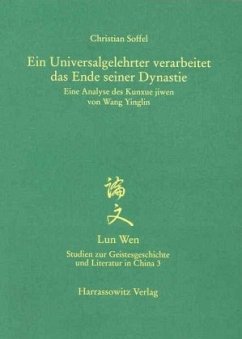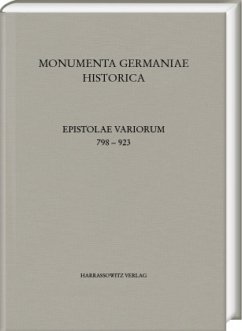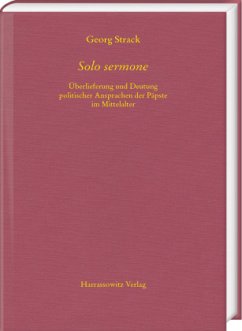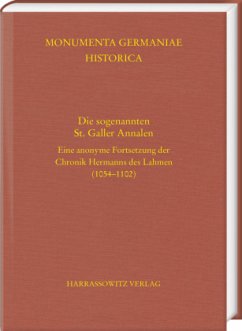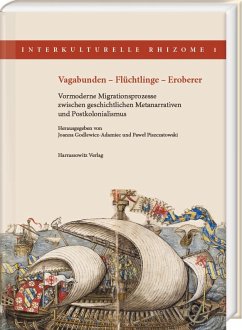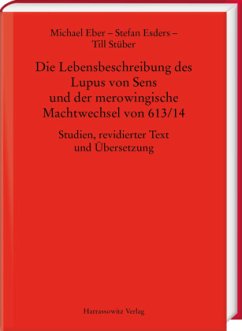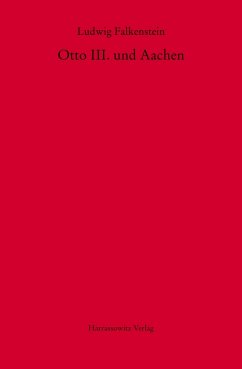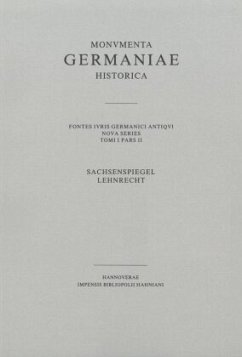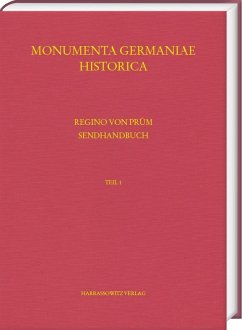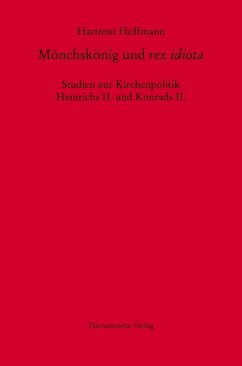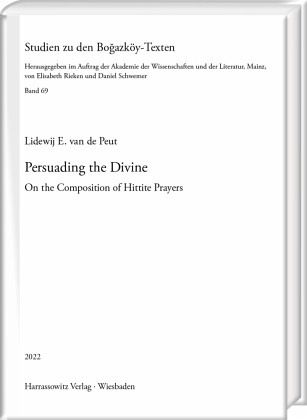
Persuading the Divine
On the Composition of Hittite Prayers

PAYBACK Punkte
0 °P sammeln!
Through textual, structural, and comparative analysis Lidewij E. van de Peut examines three related aspects of the composition of Hittite prayers: their rhetorical function, the structure of the texts, and the extent to which older prayers have been reused to create new ones. This is done by reviewing the entire Hittite prayer corpus and two detailed case studies. In addition, a definition and typology of the genre is established and the unique status of the Prayer to Telipinu (CTH 377) within the corpus of Hittite prayers is discussed. The first case study examines the use and function of one...
Through textual, structural, and comparative analysis Lidewij E. van de Peut examines three related aspects of the composition of Hittite prayers: their rhetorical function, the structure of the texts, and the extent to which older prayers have been reused to create new ones. This is done by reviewing the entire Hittite prayer corpus and two detailed case studies. In addition, a definition and typology of the genre is established and the unique status of the Prayer to Telipinu (CTH 377) within the corpus of Hittite prayers is discussed. The first case study examines the use and function of one specific rhetorical device in Hittite prayer: the proverb. The second case study concerns the composition of a rare example of a prayer that was created by reusing the text of older prayers: the Prayer for Mursili II to the Sun-goddess of Arinna (CTH 376.II). This text and its closely related prayers provide a unique opportunity to unravel how older prayers could be reused while ensuring the text retained its rhetorical function and logically sound structure. This study demonstrates that Hittite prayers were rhetorical speeches addressed to deities. Through prayer the Hittite king tried to persuade the gods to resolve his troubles. Each prayer is an individual and relatively free composition tailored to one specific problematic event. They were composed by learned scholars who consulted older prayers and employed arguments, stylistic devices, and various structural strategies to enhance the rhetoric of the prayers.




